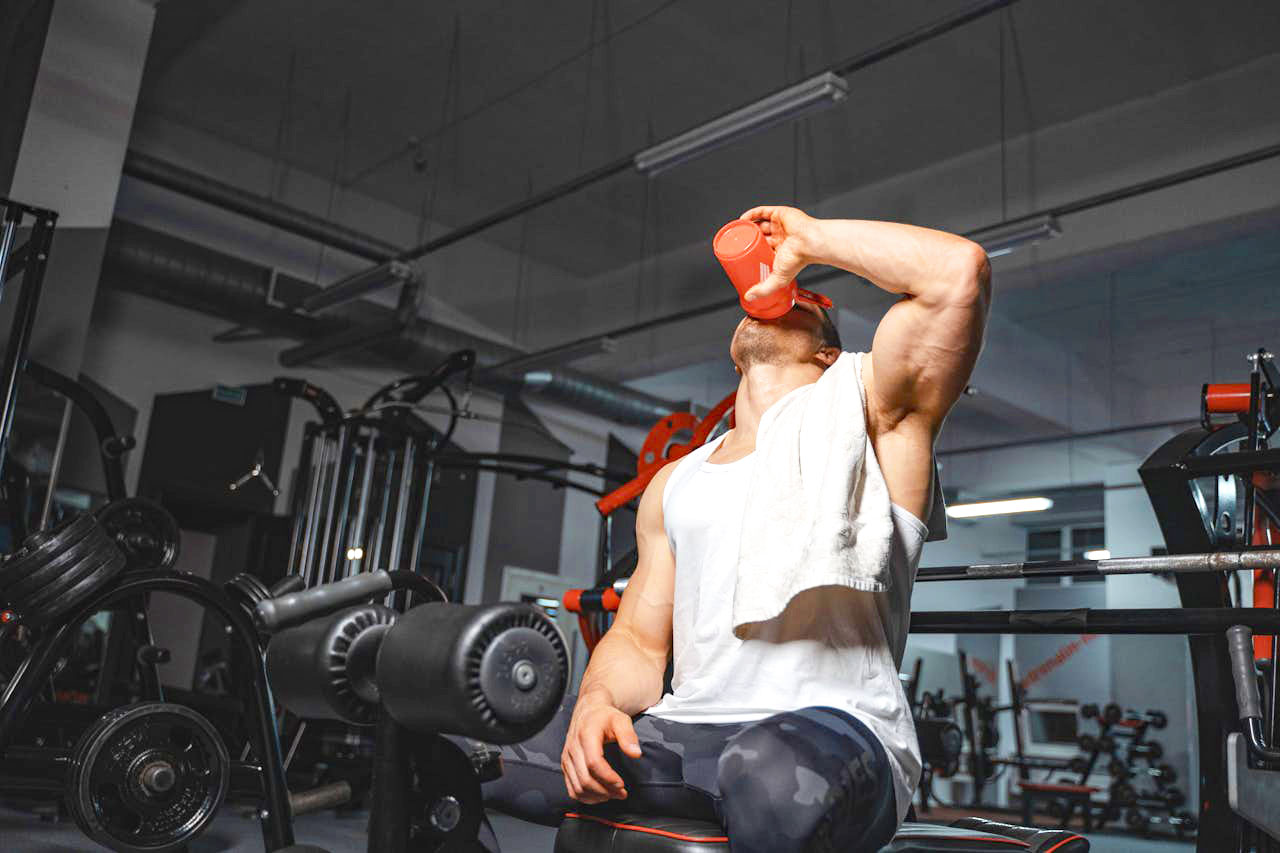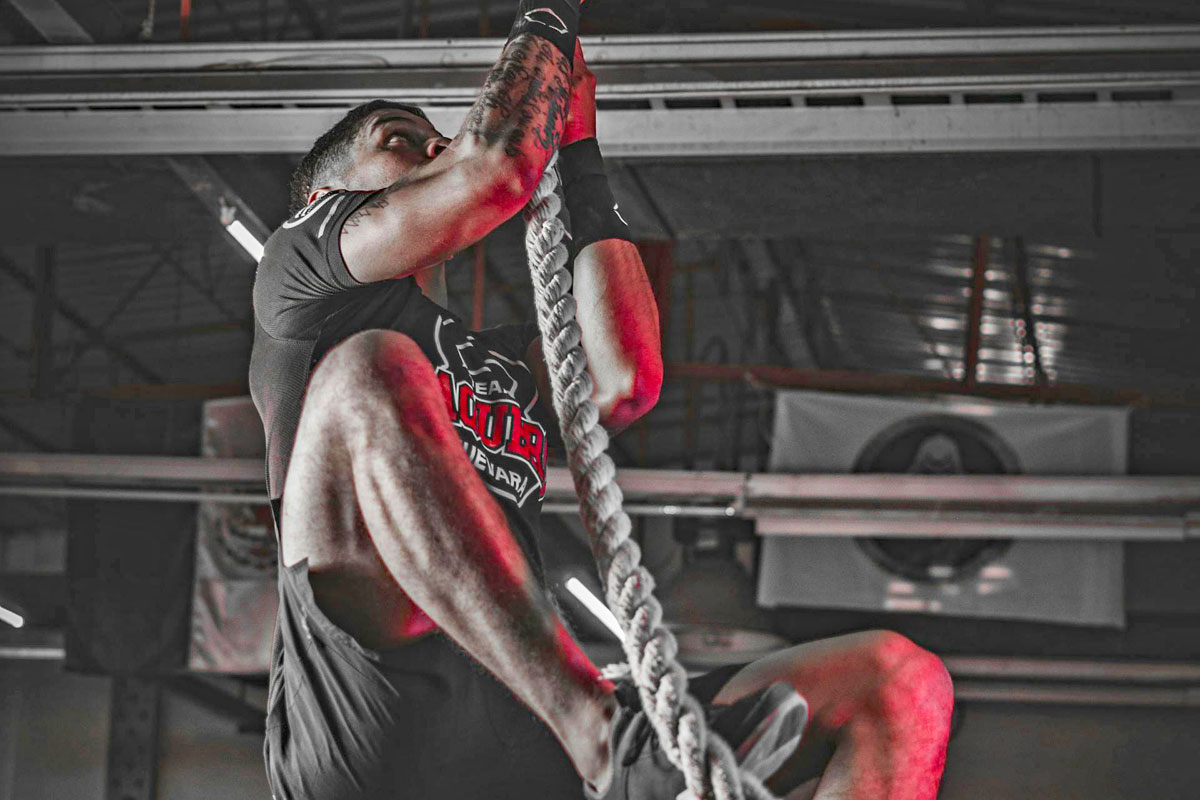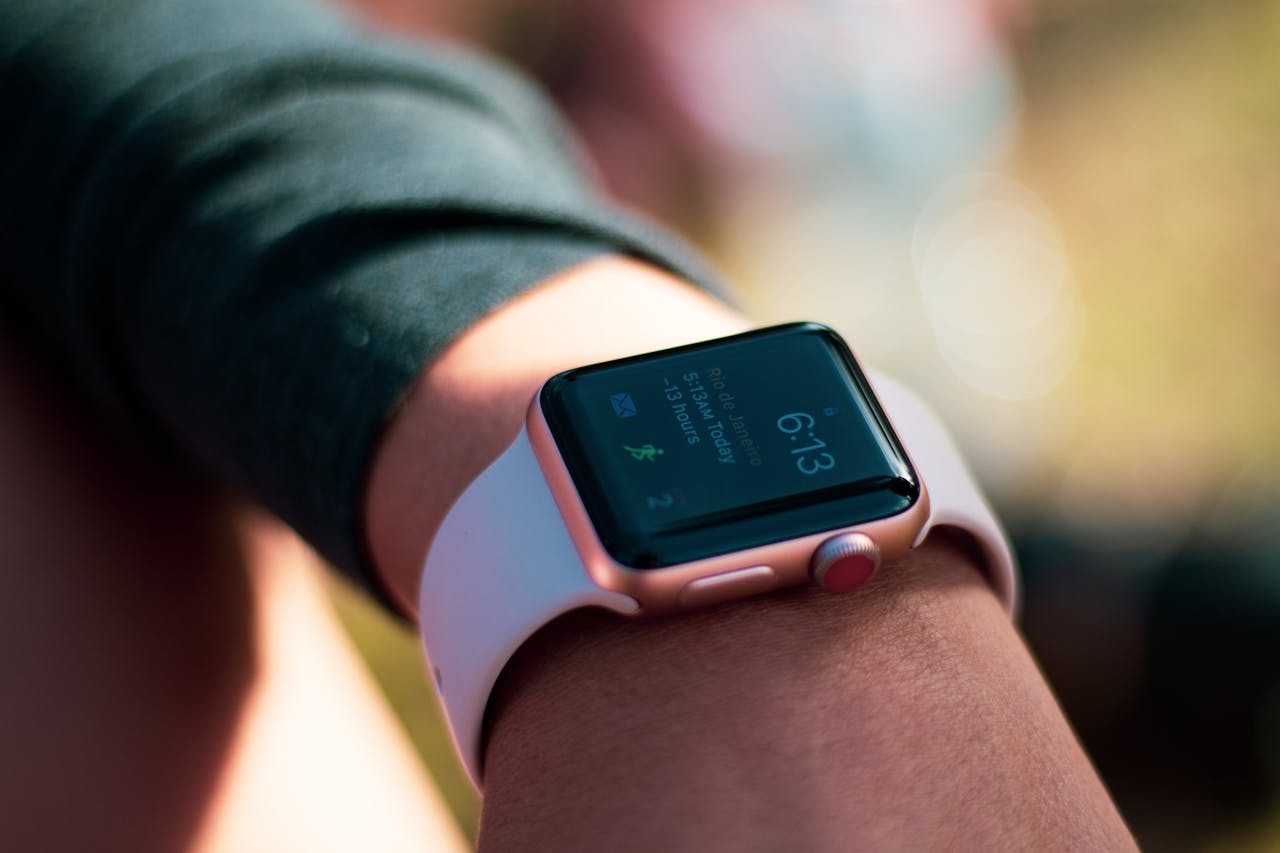When Jesse Watters lectures America on what it means to be a man…
...you know it’s time to reach for your sarcasm goggles—and possibly your collagen powder. Fox News’ own Botox pioneer, with more facial filler than expression, loves to remind viewers what “real men” look like: rugged, unshakable, and presumably immune to moisturizer. His jawline may be sharper than his logic, but one thing is clear—masculinity, in this particular universe, is a rigid performance...and collagen doesn’t exactly fit the script.
But here’s the plot twist: While Watters tries to preserve manhood with spray tan and dental veneers, average American men are quietly doing something revolutionary. They’re drinking collagen. Daily. Openly. Sometimes even... on Instagram. And unlike political pundits, their knees are grateful.
From macho to maintenance: The collagen comeback
For decades, collagen was parked in the pink aisle—marketed with dewy skin, glossy hair, and women smiling while holding smoothies. Men? They weren’t supposed to care about connective tissue unless it tore during football. But the tides have shifted. In a culture where J.D. Vance wears more eyeliner than Nefertiti and Trump has been confirmed to wear more makeup than Dolly Parton on stage, taking collagen hardly qualifies as emasculation.
It’s self-preservation. It's biohacking. It’s—dare we say—mature masculinity. Because as it turns out, no amount of bench pressing will protect your cartilage once Father Time comes for your joints.
What collagen really does for men
Unlike masculinity debates on Fox News, collagen has actual biological functions. It’s not a placebo. Multiple studies—yes, real peer-reviewed science, not TikTok bro-science—suggest collagen supplements can improve skin elasticity, joint function, muscle mass retention, and even post-workout recovery. Athletes take it. Soldiers take it. And increasingly, guys who don’t want their knees sounding like bubble wrap also take it.
| Target Area | Effect | Study |
|---|---|---|
| Joints & Cartilage | Reduces joint pain and supports cartilage repair | Clark et al., 2008 (Penn State) |
| Tendons & Ligaments | Improves collagen fiber density under load | Shaw et al., 2017 (UC Davis) |
| Muscle Mass | Increases muscle gain when combined with resistance training | Zdzieblik et al., 2015 (Univ. Freiburg) |
| Skin Elasticity | Reduces wrinkles and increases hydration | Proksch et al., 2014 |
Types, timing and tactics: How men take their collagen
The more performance-oriented crowd stacks collagen with creatine, magnesium, or BCAAs. Because if you're going to embrace self-care, it better come with gains. Timing-wise, post-workout is ideal, though some influencers (and surprisingly coherent Reddit threads) suggest taking collagen 30–60 minutes before strength training for maximum tendon support.
| Collagen Type | Source | Primary Benefit |
|---|---|---|
| Type I | Bovine / Marine | Skin, tendons, bones |
| Type II | Chicken cartilage | Joints and cartilage repair |
| Type III | Bovine | Organs, skin elasticity |
And now, a word from the insecure ego
Here’s where it gets spicy: many of the loudest anti-collagen voices in the online masculinity circus are the same people selling brain-boosting mushroom powders, testosterone gel roll-ons, and motivational cryo-chamber retreats. So apparently, self-optimization is fine—as long as it doesn’t involve looking after your joints. Heaven forbid a man age well and stay mobile without yelling “I’M A LION” into his mirror at 5am.
Cultural contradictions and the testosterone paradox
It’s worth noting how American masculinity worships youth and strength, yet ridicules anything resembling care or longevity. Testosterone boosters? Manly. Protein shakes? Manly. Peptides, TRT, anti-aging protocols? All good. But collagen? Suddenly that’s a beauty product.
This contradiction reveals the core fragility: masculinity must constantly prove itself, and anything that suggests aging, vulnerability or maintenance threatens that image. In reality, collagen is the quiet, unsexy protector: it doesn’t scream “alpha,” but it prevents your Achilles tendon from snapping while you sprint to catch a connecting flight.
When real men take collagen
| Timing | Why |
|---|---|
| 30–60 min before training | Supports tendon stiffness & injury prevention (Shaw 2017) |
| Post-workout (with protein) | Aids muscle recovery & tissue synthesis |
| Morning (fasted) | Enhances absorption, pairs well with vitamin C |
More than skin deep: Collagen and emotional resilience
We rarely talk about this, but physical integrity has emotional effects. When your body feels stable—joints solid, tendons responsive—you move through the world with more confidence. Less fear of injury means more freedom to act. That confidence? That’s strength. That’s resilience. And if that comes from a tasteless white powder stirred into your morning shake, so be it.
Real manhood is built on quiet consistency, not posturing. It’s in keeping your body functional, your mind clear, and your sarcasm sharp enough to cut through TikTok testosterone tips. If collagen helps you do that, then collagen belongs in every man’s routine—right next to deadlifts, coffee, and pretending to understand the stock market.
The final flex (not sponsored)
If you’ve read this far, you’ve either already bought collagen or are hate-reading while sipping bourbon. Either way, know this: collagen isn’t a threat to your manhood—it’s a damn upgrade. It won’t turn you into Brad Pitt, but it might help you tie your shoes without groaning at age 50. And that, dear sir, is a flex that actually matters.
So go ahead. Stir that scoop. Shake that bottle. And tell your knees you love them.
Because real men don’t cry about collagen—they put it on subscribe & save.
Scientific References
- Clark KL et al. (2008): 24-Week study on the use of collagen hydrolysate as a dietary supplement in athletes with activity-related joint pain. Published in: Current Medical Research and Opinion, 24(5), pp. 1485–1496. DOI: 10.1185/030079908X291967
- Zdzieblik D et al. (2015): Collagen peptide supplementation in combination with resistance training improves body composition and increases muscle strength in elderly sarcopenic men: a randomized controlled trial. Published in: British Journal of Nutrition, 114(8), pp. 1237–1245. DOI: 10.1017/S0007114515002810
- Shaw G et al. (2017): Vitamin C–enriched gelatin supplementation before intermittent activity augments collagen synthesis. Published in: American Journal of Clinical Nutrition, 105(1), pp. 136–143. DOI: 10.3945/ajcn.116.138594
- Proksch E et al. (2014): Oral supplementation of specific collagen peptides has beneficial effects on human skin physiology: a double-blind, placebo-controlled study. Published in: Skin Pharmacology and Physiology, 27(1), pp. 47–55. DOI: 10.1159/000351376













